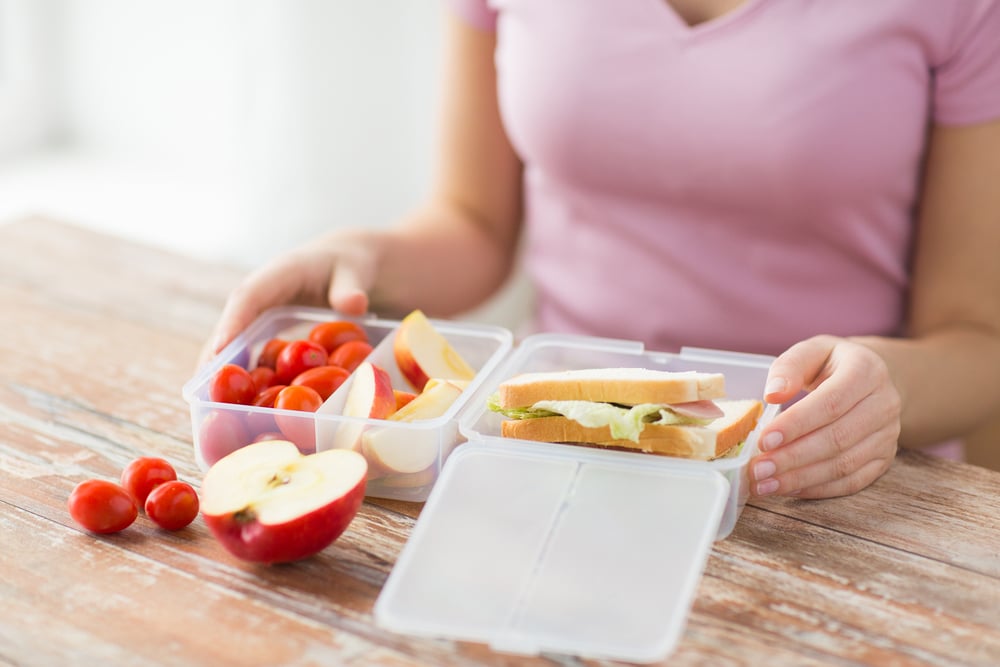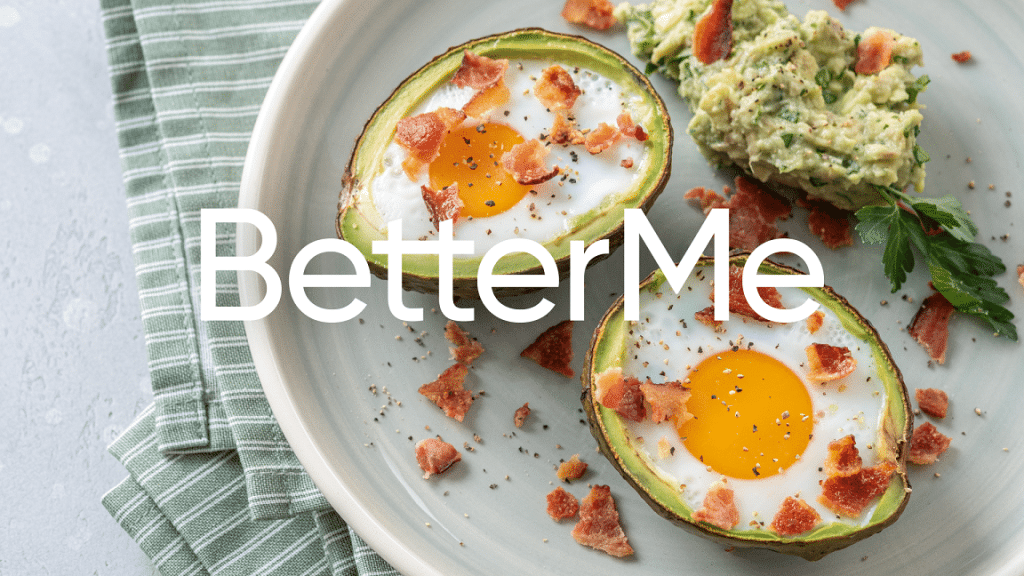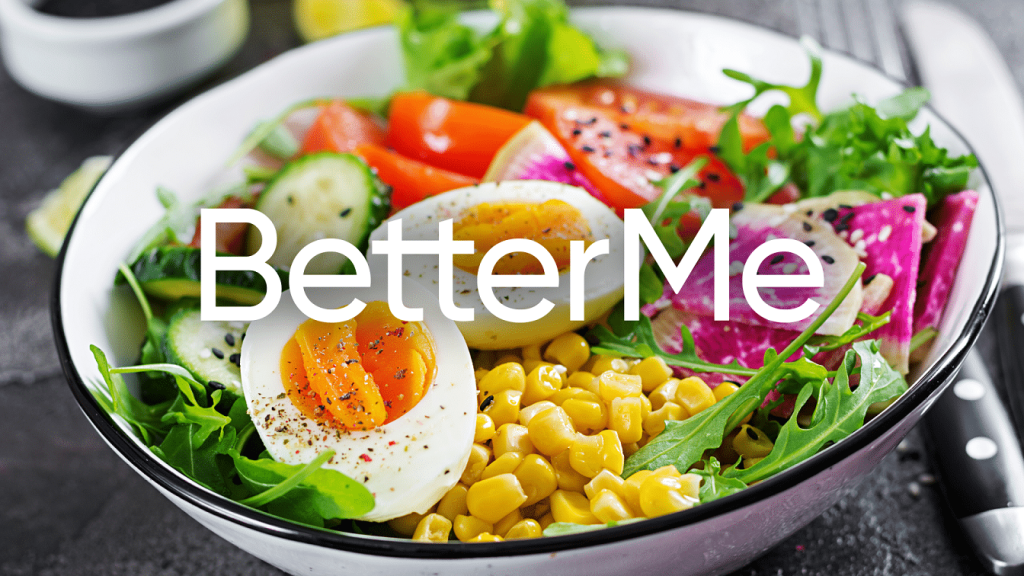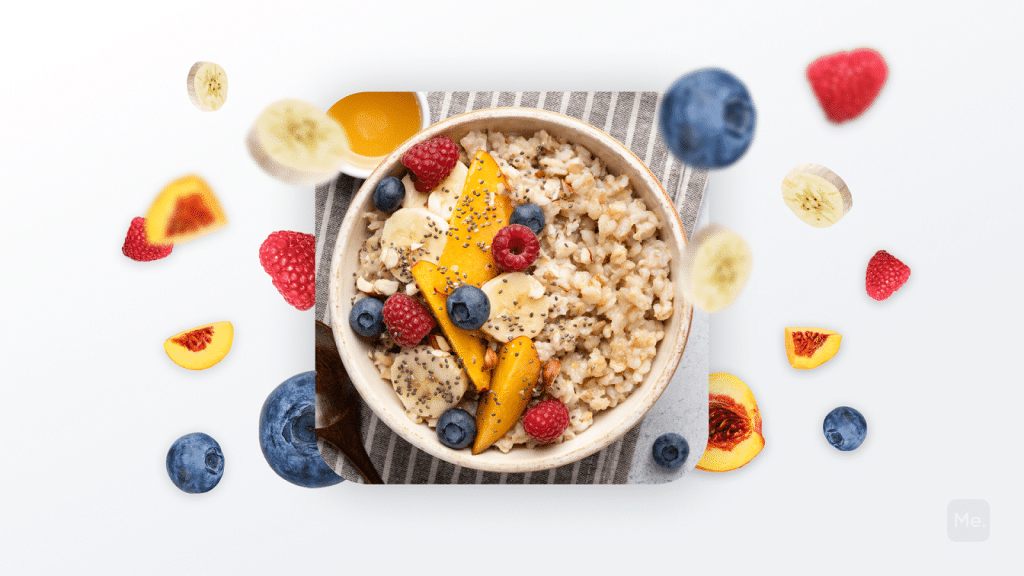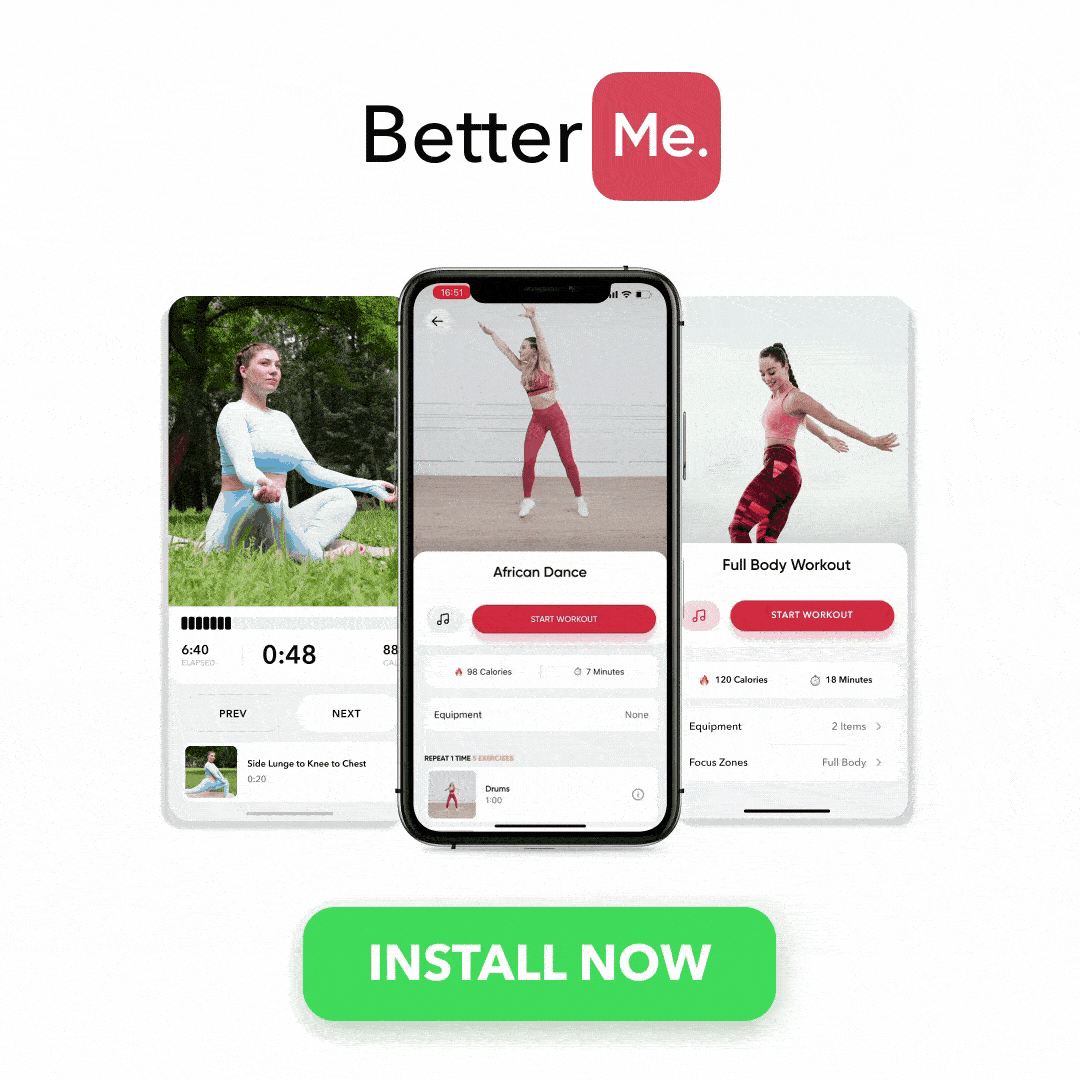What we eat is just as important as when we eat. Chrononutrition is an emerging field based on the knowledge of how our body’s natural rhythms, or circadian rhythms, impacts our dietary needs. The goal of chrononutrition is to use this information to design healthier diets and lifestyles. In this article we will explore the basics of chrononutrition and discuss how you can apply it to your own life.
How Does Chrononutrition Work?
There are a few basic principles of chrononutrition that everyone should be aware of.
The first is that our circadian rhythms affect many aspects of our metabolism, including how quickly we digest food and how well we absorb nutrients. The time of day we eat can also influence our blood sugar levels, energy levels, and mood (3).
The second principle is that different foods may have different effects at different times of the day. For example, carbohydrates are especially important in the morning, when we need energy to start the day.
The third principle is that when we eat may matter as much as what we eat. Eating late at night might interfere with our sleep quality and circadian rhythms. This can lead to problems such as weight gain and disrupted metabolism (3).
Although still an emerging field where much more research needs to be done, chrononutrition might be a valuable tool for improving our health. By understanding how our body’s natural rhythms work, we can make better dietary choices that help us feel our best.
What To Eat And When?
According to chrononutrition proponents, here’s when you should eat the different food groups
Protein
Proteins are good to eat in the morning because they are necessary for many of the body’s functions and they also help keep you feeling full until the next meal. Some good sources of protein include eggs, dairy products, legumes, and meat.
Protein can also be eaten at lunch and dinner because it is filling and helps to sustain energy levels over a longer period of time. Many nutritionists would recommend eating a moderate portion of protein at every meal.
Carbohydrates
Complex carbs are also good to eat at breakfast because they provide sustained energy throughout the day (1). Some good examples of complex carbs include oats, quinoa, and whole wheat bread.
You may also include these foods at lunch, but it might be better to eat them in smaller quantities at dinner. Your energy needs are much less at night and eating a lot of carbohydrates can interfere with your sleep. Your glucose tolerance may also be lower at night.
Refined carbs should be limited in general, but are better eaten in the afternoon the day when our energy levels start to dip. Refined carbs are digested and absorbed more quickly than whole carbs, so they give us a quick burst of energy.
Some good examples of refined carbs include white bread, pasta, and sugary fruits.
Refined carbs make good pre-workout snacks for the same reason; they give us a quick burst of energy to help us power through a workout.
Healthy Fats
Healthy fats might be good to eat at breakfast and lunch because they help to sustain energy levels over a longer period of time. You may want to limit fatty foods at dinner, because they take longer to digest and may interfere with your sleep.
Some good examples of healthy fats include nuts, seeds, avocados, fatty fish and olive oil.
Read More: Kosher Diet Menu: List Of Allowed And Restricted Foods And Meal Ideas
What Is Your Circadian Rhythm?
Our circadian rhythms are regulated by a small group of cells in the hypothalamus called the suprachiasmatic nucleus, or SCN.
The SCN monitors our surroundings for clues about what time of day it is and sends signals to the rest of the body to regulate our circadian rhythms. These rhythms affect everything from our energy levels to our hormone production (4).
One of the most important things the SCN controls is our appetite. The SCN sends out signals that tell us when we’re hungry and when we’ve had enough. These signals are based on what’s going on around us and our natural body rhythms (4).
For example, the SCN knows that we usually eat more during the day than at night, so it sends out hunger signals during the day and suppresses them at night.
This is why chrononutrition is so important – by understanding our body’s natural rhythms, we can create diets that are healthier and more in line with our natural tendencies. There are a few things we can do to consider our body’s natural rhythms:
Pay Attention To Your Body’s Natural Hunger Signals
The SCN sends out hunger signals throughout the day, so try to listen to what your body is telling you (4). Don’t eat when you’re not hungry, and nourish yourself when you are.
Eat Breakfast Early
Breakfast is the most important meal of the day, and it’s especially important to eat it early. The SCN sends out hunger signals early in the morning, so try to eat breakfast within an hour of waking up.
Avoid Eating Late At Night
The SCN also sends out signals that tell us to stop eating once it gets close to bedtime. Try to avoid eating anything after dinner, and don’t have heavy or spicy snacks before bed.
Get Plenty Of Sunlight During The Day
Sunlight helps to synchronize our circadian rhythms, so try to get outside for at least 30 minutes each day (2). If you can’t get outside or live in a place with limited daylight at certain times of the year, try to use a light box for at least 30 minutes each day.
Avoid Using Electronic Devices Before Bed
The blue light from electronic devices can interfere with our natural sleep rhythms, so try to avoid using them in the hours before bed.
What Are The Benefits Of Chrononutrition?
Proponents claim that there are a number of benefits to following a chrononutrition diet:
Improved Sleep Quality
Eating late at night can interfere with our sleep quality and circadian rhythms. This can lead to problems such as weight gain and disrupted metabolism (3).
Increased Energy Levels
By eating according to our natural body rhythms, we can help to optimize our energy levels throughout the day (3).
Better Moods
Chrononutrition might also help to improve our moods by keeping our hormone levels in balance (3).
Improved Digestion
Eating at the right times of the day is said to help to optimize our digestive system and improve our overall health (4).
Weight Loss
Following a chrononutrition diet might help us to lose weight by allowing our metabolism and appetite to guide us (3).
Whether you’re a workout beast or just a beginner making your first foray into the world of fitness and dieting – BetterMe has a lot to offer to both newbies and experts! Install the app and experience the versatility first-hand!
How Can I Start Following A Chrononutrition Diet?
There are a few things we can do to start following a chrononutrition diet:
Track Your Eating Habits
Keep track of when you eat and what you eat throughout the day. This will help you to see where you might need to make changes.
Make A Meal Plan
Plan out your meals for the week, and try to make sure they’re all in line with your natural body rhythms.
Use A Food Journal
Keep track of everything you eat in a food journal. This will help you to see where you might be going wrong and make changes as needed.
Get Started Slowly
Don’t try to change everything overnight – start slowly and make small changes that you can stick with.
Seek Help If Needed
If you’re having trouble getting started or making changes, seek help from a nutritionist or other health professional. They can help you to create a diet that’s right for you and your body’s natural rhythms.
Read More: Mesomorph Diet Female: How To Eat And Work Out According To Your Body Type
Are There Any Disadvantages Of Chrononutrition?
There are a few potential disadvantages of chrononutrition:
It Can Be Difficult To Follow
Following a chrononutrition diet can be difficult, especially if you’re not used to eating this way. It takes time and effort to learn what works for your body and stick to it.
It Can Be Expensive
Eating according to your body’s natural rhythms can be expensive, especially if you need to buy specialty foods or supplements.
It Can Be Time Consuming
Creating a meal plan and sticking to it can be time-consuming, especially if you have a busy lifestyle.
It Might Not Be Suitable For Everyone
Not everyone’s body works the same way, so chrononutrition might not be suitable for everyone. If you have any health conditions, it’s best to speak to a health professional before starting a chrononutrition diet.
Dropping pounds by the dozens without putting yourself through the wringer is everyone’s weight loss pipe dream. But what if we told you that the BetterMe app can make that happen? Keep yourself in prime shape with our fat-blasting workouts, delicious budget-sparing recipes, and body-transforming challenges with our app!
The Bottom Line
Chrononutrition is a relatively new field, but for some people it’s quickly becoming an important part of healthy living. By understanding your body’s natural rhythms and tailoring your diet to match them, you might be able to improve your overall health and well-being. So give chrononutrition a try – your body may thank you for it!
DISCLAIMER:
This article is intended for general informational purposes only and does not serve to address individual circumstances. It is not a substitute for professional advice or help and should not be relied on for making any kind of decision-making. Any action taken as a direct or indirect result of the information in this article is entirely at your own risk and is your sole responsibility.
BetterMe, its content staff, and its medical advisors accept no responsibility for inaccuracies, errors, misstatements, inconsistencies, or omissions and specifically disclaim any liability, loss or risk, personal, professional or otherwise, which may be incurred as a consequence, directly or indirectly, of the use and/or application of any content.
You should always seek the advice of your physician or other qualified health provider with any questions you may have regarding a medical condition or your specific situation. Never disregard professional medical advice or delay seeking it because of BetterMe content. If you suspect or think you may have a medical emergency, call your doctor.
SOURCES:
- Chrono-nutrition: From molecular and neuronal mechanisms to human epidemiology and timed feeding patterns (2020, wiley.com)
- Effects of light on human circadian rhythm, sleep, and mood (2019, nih.gov)
- Food Timing, Circadian Rhythm and Chrononutrition: A Systematic Review of Time-Restricted Eating’s Effects on Human Health (2020, nih.gov)
- The Big Breakfast Study: Chrononutrition influence on energy expenditure and body weight (2018, wiley.com)
